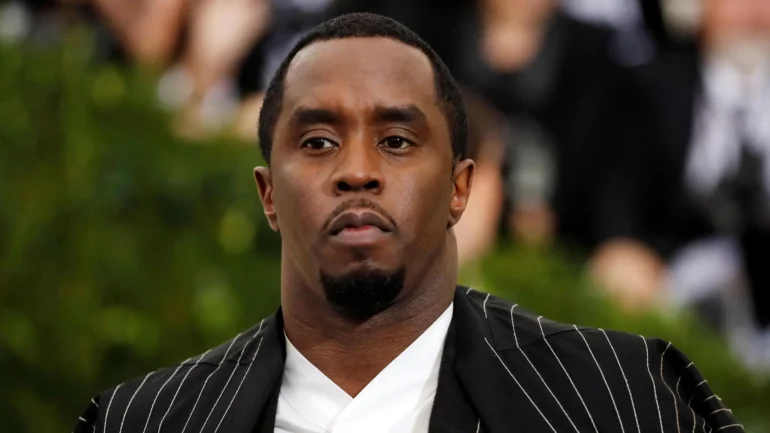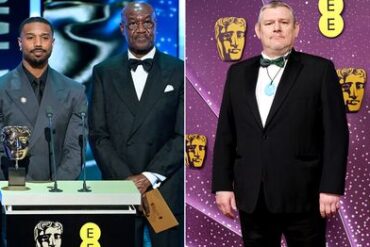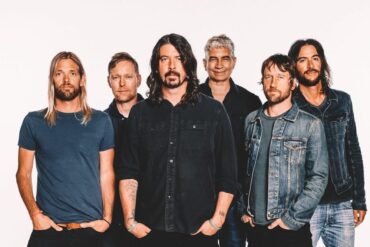There was a time when Sean “Diddy” Combs wasn’t just part of hip-hop — he was hip-hop. A visionary mogul, a relentless self-promoter, and a master of reinvention, Diddy built an empire that shaped music, fashion, and pop culture for more than three decades.
“Don’t worry if I write rhymes, I write checks.”
— Sean “Diddy” Combs, 2001
Before the scandal, before the courtroom drama, before his name became a fixture in headlines for all the wrong reasons, Diddy was a cultural titan. He didn’t just make stars — he created them. His name was a passport to fame, power, and money. His taste defined an era. His influence was everywhere.

A Trial That Could Rewrite the Ending
Diddy’s criminal trial is set to begin in 24 days, with jury selection starting soon in the Southern District of New York. This newsletter will move downtown to cover the proceedings live from federal court.
In the meantime, here’s what’s new:
- Two additional federal charges were added on April 3: sex trafficking and transportation to engage in prostitution. He’ll be arraigned on April 25.
- Prosecutors accuse him of dangling someone over a balcony — an act similar to separate claims in civil lawsuits.
- His legal team is trying to block expert testimony from psychologist Dawn Hughes, arguing it’s “advocacy masquerading as expertise.”
The allegations, which Diddy has repeatedly denied, are reshaping public memory in real time.
The Rise of a Cultural Powerhouse
It started in 1993, when he founded Bad Boy Records and introduced a new sound that blended raw rap with the polish of R&B. He didn’t just produce music — he shaped an entire movement. Mary J. Blige. Usher. Faith Evans. And, of course, the Notorious B.I.G. Diddy wasn’t just behind the scenes. He was on the mic, in the videos, on the red carpet. He was the moment.
“He just knew how to see the star in someone before the world could,” said producer Stevie J, a longtime Bad Boy collaborator.
Songs like “I’ll Be Missing You” became cultural touchstones, more than just chart-toppers — they were grief, swagger, and ambition wrapped in melody. He had 14 Grammy nominations, number one hits, and an empire that reached far beyond music.
His music blurred genre lines, mixing gritty rap verses with radio-friendly hooks, paving the way for the sound of 2000s hip-hop.
Beyond Music: Building a Lifestyle Empire

By the 2000s, Diddy had become more than a hitmaker — he was a lifestyle brand. Sean John was in Macy’s. Cîroc was in clubs. The “White Party” was in the tabloids. He wasn’t just selling products — he was selling aspiration. For a generation, Diddy was what success looked like: sharp suits, private jets, a perpetual spotlight.
“He was the curator of cool,” said Tre Johnson, a cultural critic for The Undefeated. “For a long time, whatever Diddy touched felt like a blueprint.”
That reach extended to emerging artists, too. From mentoring a young Kanye West to spotlighting Cassie and French Montana, Diddy helped shape the modern sound of hip-hop and R&B. His blueprint — mix ambition with spectacle — is still visible in artists like Travis Scott and Doja Cat.
“He was an absolute curator of Black taste,” said cultural critic Gerrick Kennedy. “He had his finger on the pulse.”
But beneath the shine, the shadows were always there.
A Career Shaped by, and Reflecting, Cultural Shifts
Diddy rose during a critical time in Black entertainment — post-civil rights, pre-social media — when success for Black artists still required exceptionalism. He built his brand on being more: more money, more style, more power.
“In the ‘90s and 2000s, being unapologetically rich was part of the resistance,” said journalist Clover Hope. “Diddy embodied that — but the culture has changed.”
Today’s fans are more critical of power, and more willing to interrogate the behavior of once-untouchable stars. The same internet that amplified Diddy’s brand now accelerates his fall. #Accountability is louder than #BadBoyForLife.
The Fall From the Throne
Even before the current federal charges — now including sex trafficking and coercion — Diddy’s career had been marked by lawsuits, settlements, and troubling allegations. And now, he sits in a cell at the Metropolitan Detention Center in Brooklyn, awaiting a trial that could send him away for life.
“He’s trying to remain hopeful,” one source close to him said, “but the realization that he could spend the rest of his life behind bars has really hit him.” Another shared what may be his deepest pain: “He really misses his kids. They visit him every week.”
Legacy and What Comes Next
No matter how the trial ends, the fall is already written. Once, Diddy was the gatekeeper, the kingmaker, the man who turned street hustle into global domination. Now, he’s just another defendant, facing the harsh glare of accountability.
“Diddy helped make hip-hop global,” said former Bad Boy artist Carl Thomas. “But maybe we need to talk about the cost of that success.”
Some argue the music stands apart. Others say the man can’t be separated from the machinery he built.
“You can’t write hip-hop history without Diddy,” said former Bad Boy artist Carl Thomas. “But the footnote just got a lot longer.”
The empire he built may never rise again — but for three decades, Sean Combs was the culture. And the echoes of his reign still linger.





